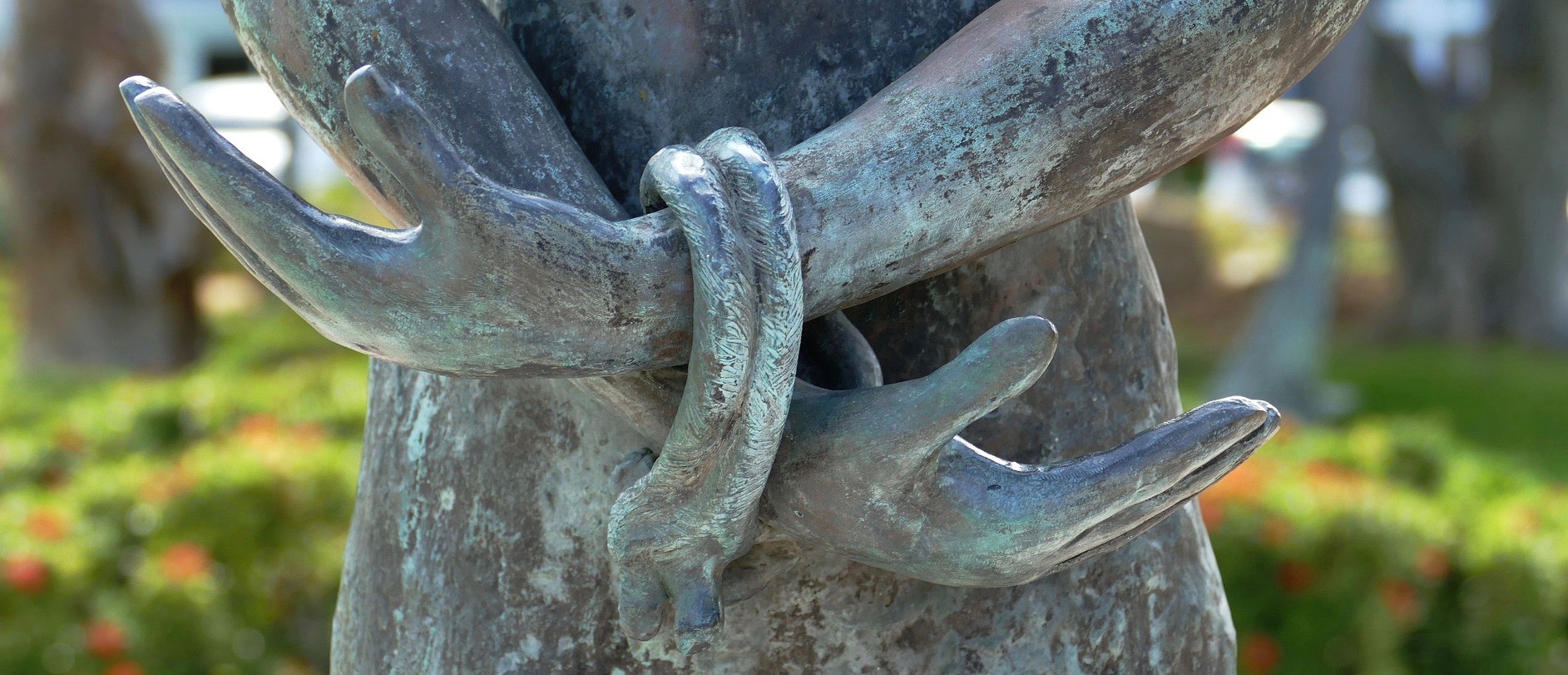
This originally appeared as a “Faith Perspectives” column in the St. Louis Post-Dispatch on February 13, 2020.
In an age when impersonal communication happens at lightning-fast speeds and with often very little thought or time given to the responses we make other than the very first — and often the most vitriolic — thought that enters our heads, we might all be wise to consider the time-tested virtues of pondering.
Pondering is not merely thinking or daydreaming or simply observing. It’s the work of paying attention and being open, of connecting the facts of the situation with a greater sense of presence, of recognition of the small within the whole, of finding meaning and perhaps even God in the things and actions of the Earth and of our own lives. All that doesn’t come easy at a time when we can tell someone hundreds or thousands of miles away exactly what we think of their inane idea 30 seconds after they post it and ten seconds after we have formed a response in our gut and before it has spent even a fleeting moment in our conscience minds. Such willingness on our part to slow down and ponder takes intention.
Within Christian scripture, we find that even Mary needed some time to ponder everything that happened to her from the time of her unexpected pregnancy to the time of giving birth to Jesus. At the end of Luke’s account of the nativity story, we read: “And Mary kept all these things, reflecting on them in her heart.”
Jesus himself is often found in the posture of pondering. As others condemn the woman caught in adultery to death by stoning, he stoops down and pauses, writing in the dirt with his finger. He pauses long enough to create space and silence both for himself and the woman’s accusers. No doubt he offers a prayer, asking for guidance and wisdom. He formulates a response that is loving and pastoral. Finally, he offers a solution: “Whoever is without sin can cast the first stone.” He silences them with love, and he loves them in a moment of silence.
The word ponder comes from the same Latin noun (pondus) that brings us “pound,” which as a verb suggests the mental weighing of ideas. But this, writes internationally known psychologist David Benner, is a reflective, not an analytical activity: “When we ponder something, we hold it lightly and give it space. We turn it over and consider it from various angles. We ruminate on it — that is, we think about it repeatedly, slowly and casually, efficiency of our thought process not being as important as carefully considering all aspects of the issue. Pondering becomes prayer when reflection arises in a mind that is open to God.”
This openness to God seems a most appropriate approach and primer to a life of creatively and thoughtfully interacting with those around us as well as those far removed but brought near by the power of technology. The ability to stop and ponder before we respond to any given salvo fired our way is an invitation to a life of grace, patience and charity modeled by Jesus.
We would all do well to ask ourselves a few questions before we respond to the personal challenges (and the social media posts) hurled in our direction: Have we thought about this response long enough? If we are people of faith, have we prayed about it or sought guidance? Have we considered the impact on the other person and on ourselves? Is a response even necessary? Is it kind? All this talk of pondering is not meant to imply that we are called to silence in the face of dangerous and hurtful ideas. But perhaps we are at our best when our responses are fueled not by ire and adrenalin but, rather, by the wisdom and care for the other that comes from taking the time to ponder, of caring enough to find the words that might silence or correct our adversaries because they originate in love and compassion.




2 comments On Learning to Ponder in the Age of Social Media
As usual, you shed light on an important matter. As Carl Sandburg wrote,
” What is bitter to stand against today
may be sweet to remember tomorrow.”
Ponder !!!
Thank you, Sheila. And thanks for the Sandburg quote. Spot on!